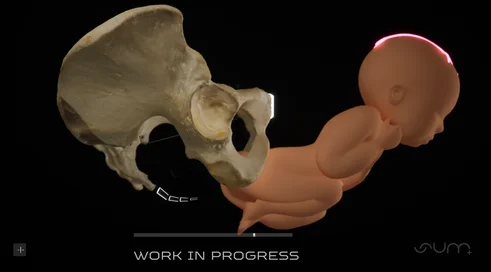There are families where generations live to a ripe old age. According to current knowledge, however, there is no evidence that this is due to genetic control of life expectancy. Just as there is no evidence that aging is genetically programmed. It is determined by a number of factors, such as, among others, the accumulation of random damage to genetic material, and key proteins and lipids for life, but not by one particular gene. Non-genetic factors play an important role in this process: the level of oxidative stress, the rate of metabolism, inflammatory processes and the body's capacity to fight them. The environment, technological development and access to medical care are crucial. Thus, no matter what genetic predispositions we come into the world with, we cannot determine from laboratory tests how long our lives will last, but we can certainly influence their length.
Research on life expectancy confirms that appropriate behavior slows aging and proper prevention reduces the risk of developing diseases such as cardiovascular disease and cancer, which depend on genetic predisposition. It is already known that genes influence certain aspects of health, but life expectancy depen...
Content locked
To gain access to the complete English section of the Medexpress.pl, kindly reach out to us at english@medexpress.pl.

















